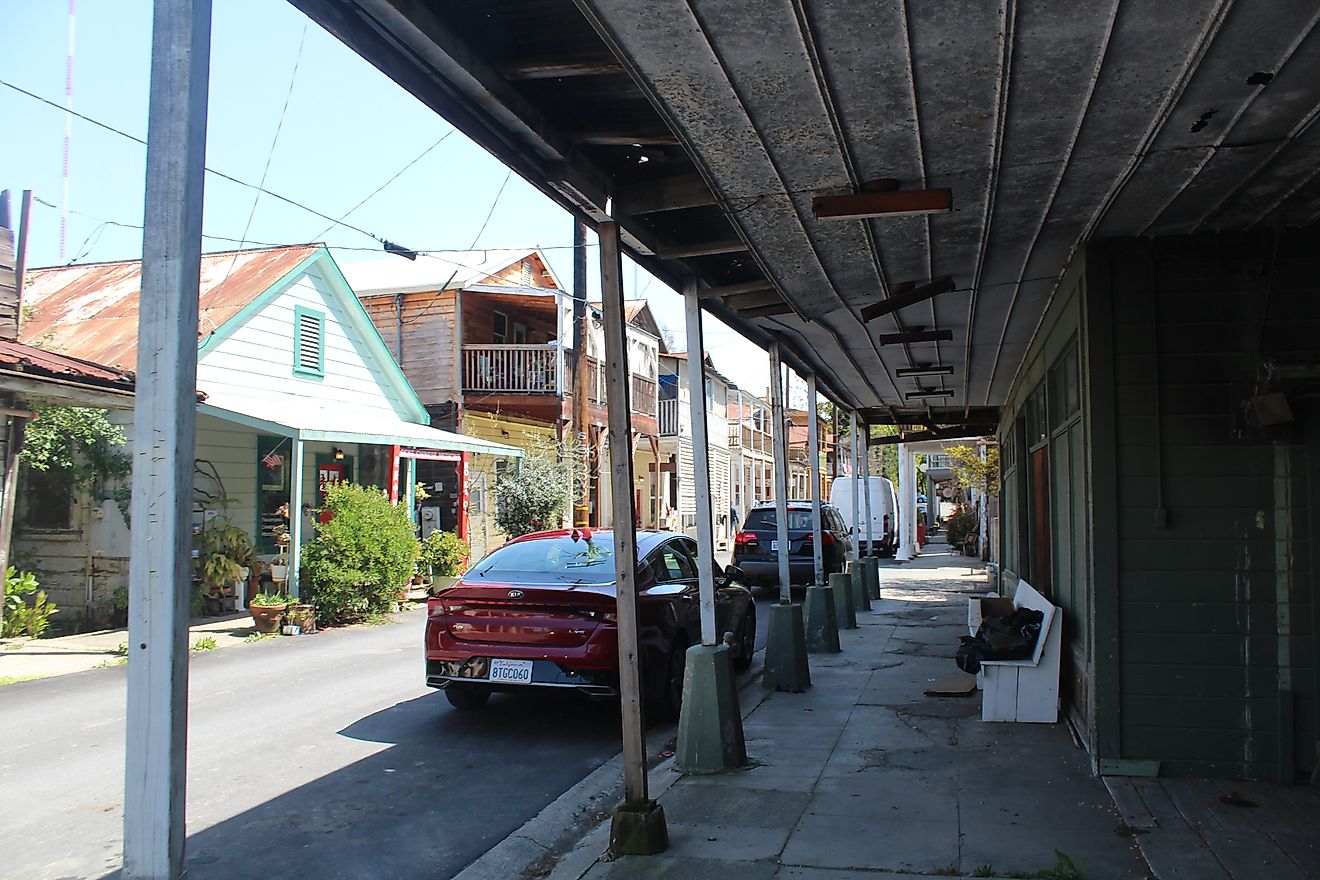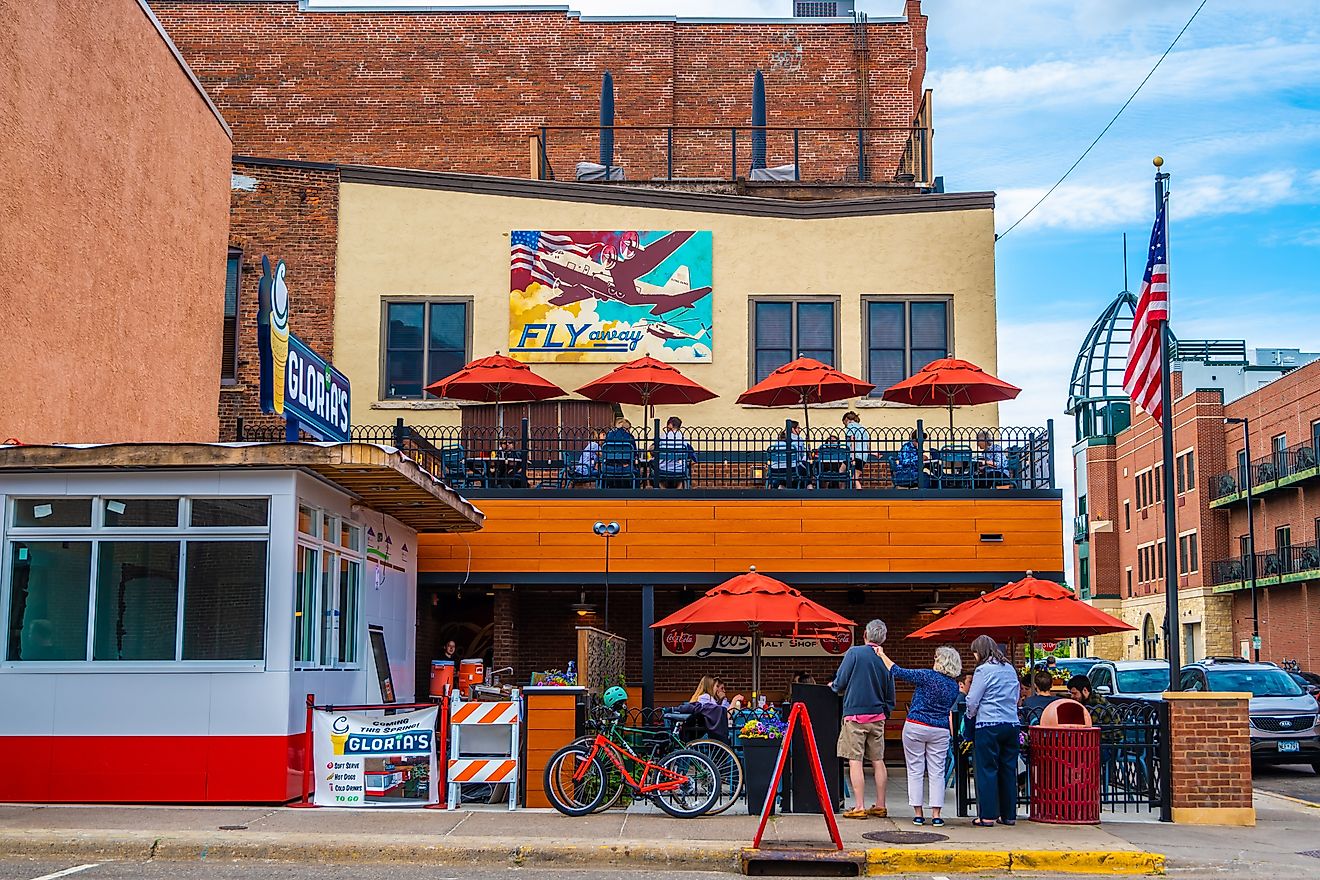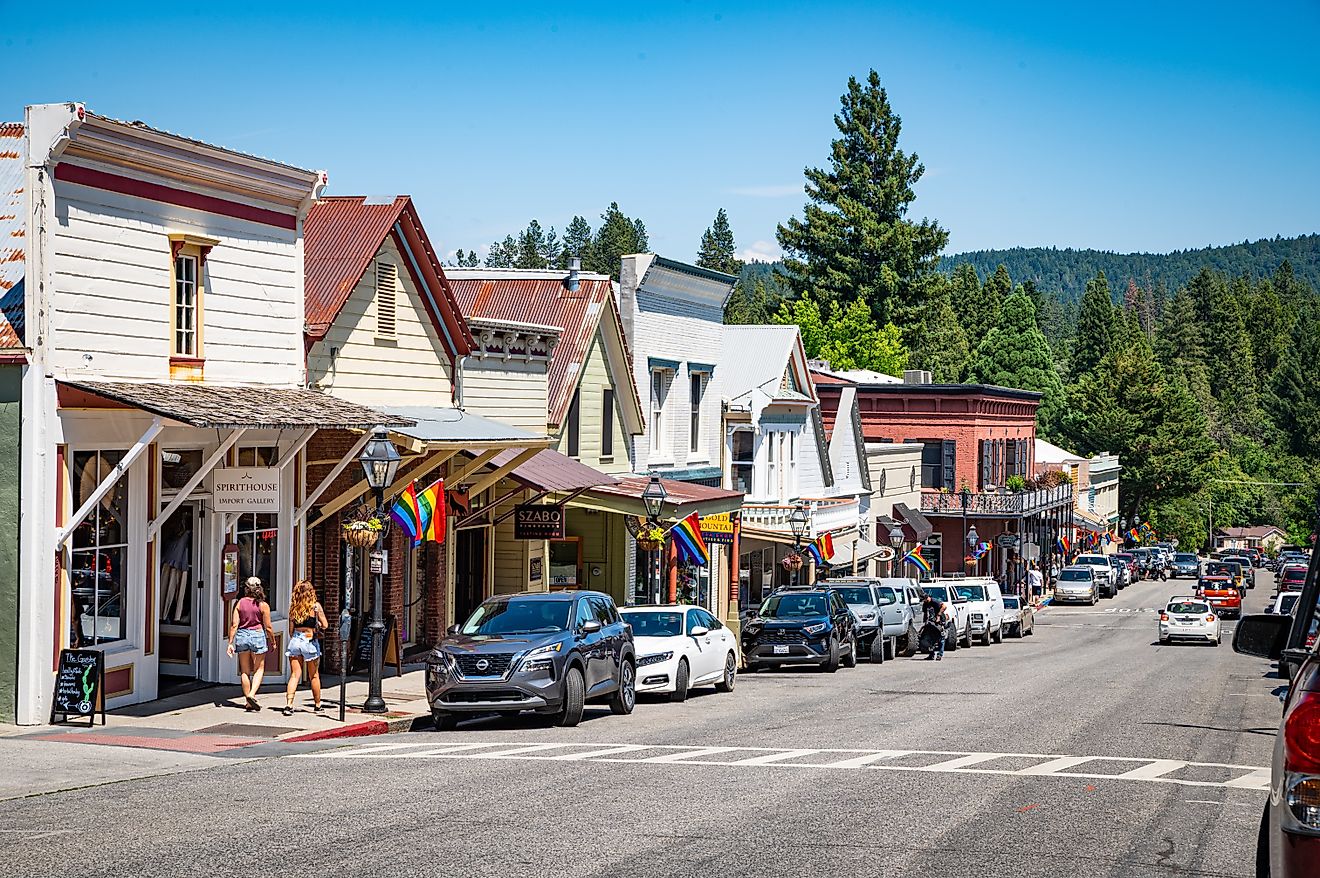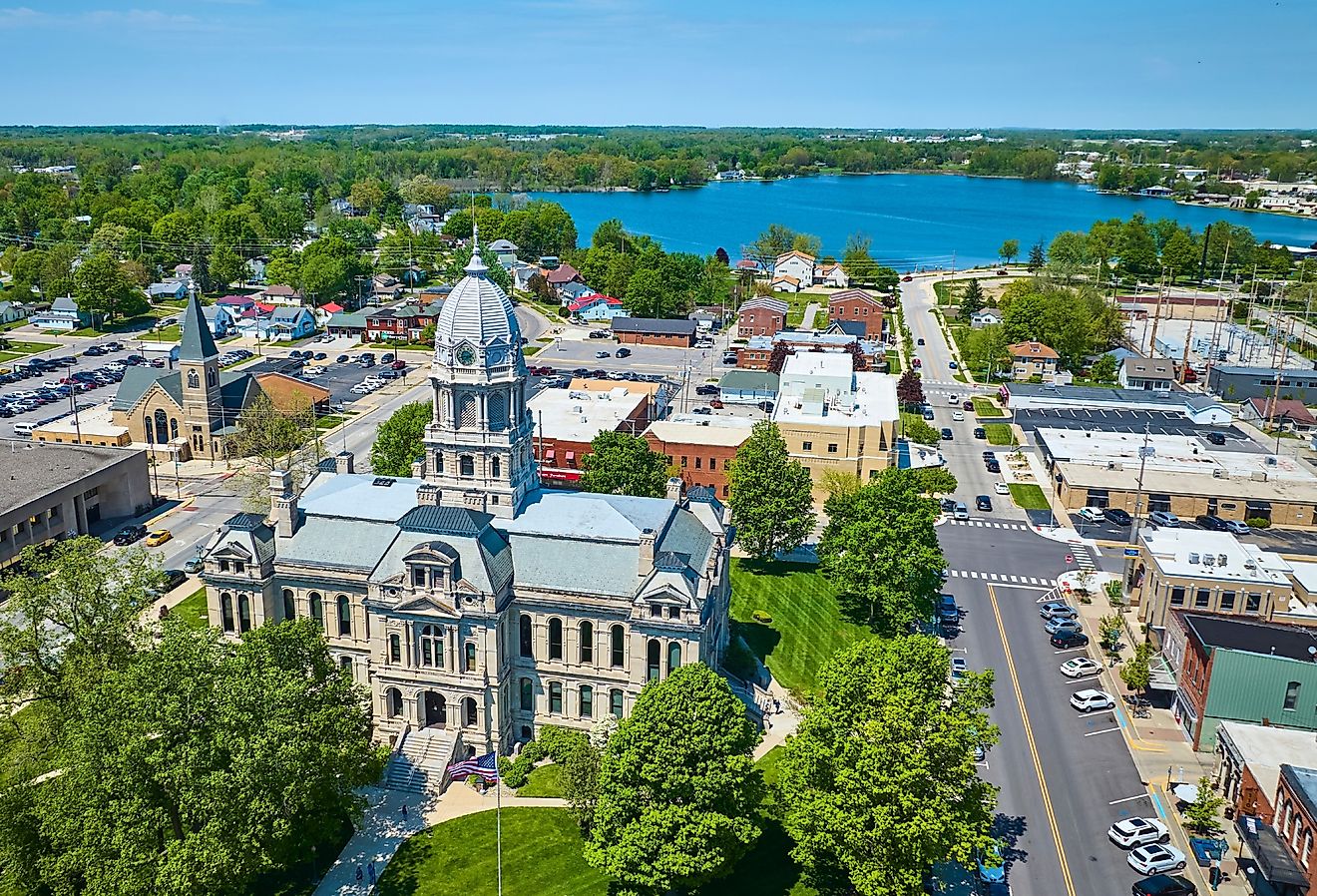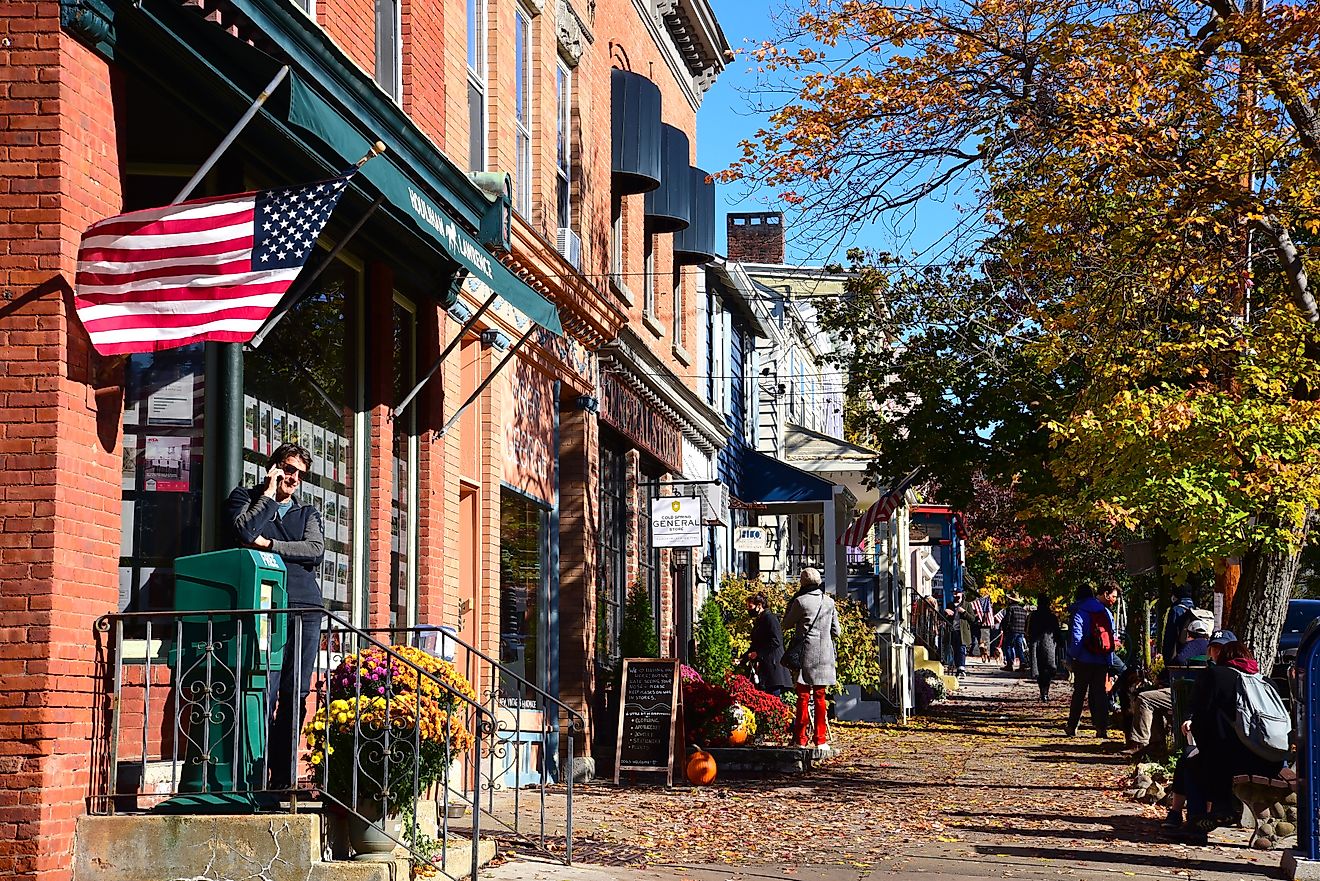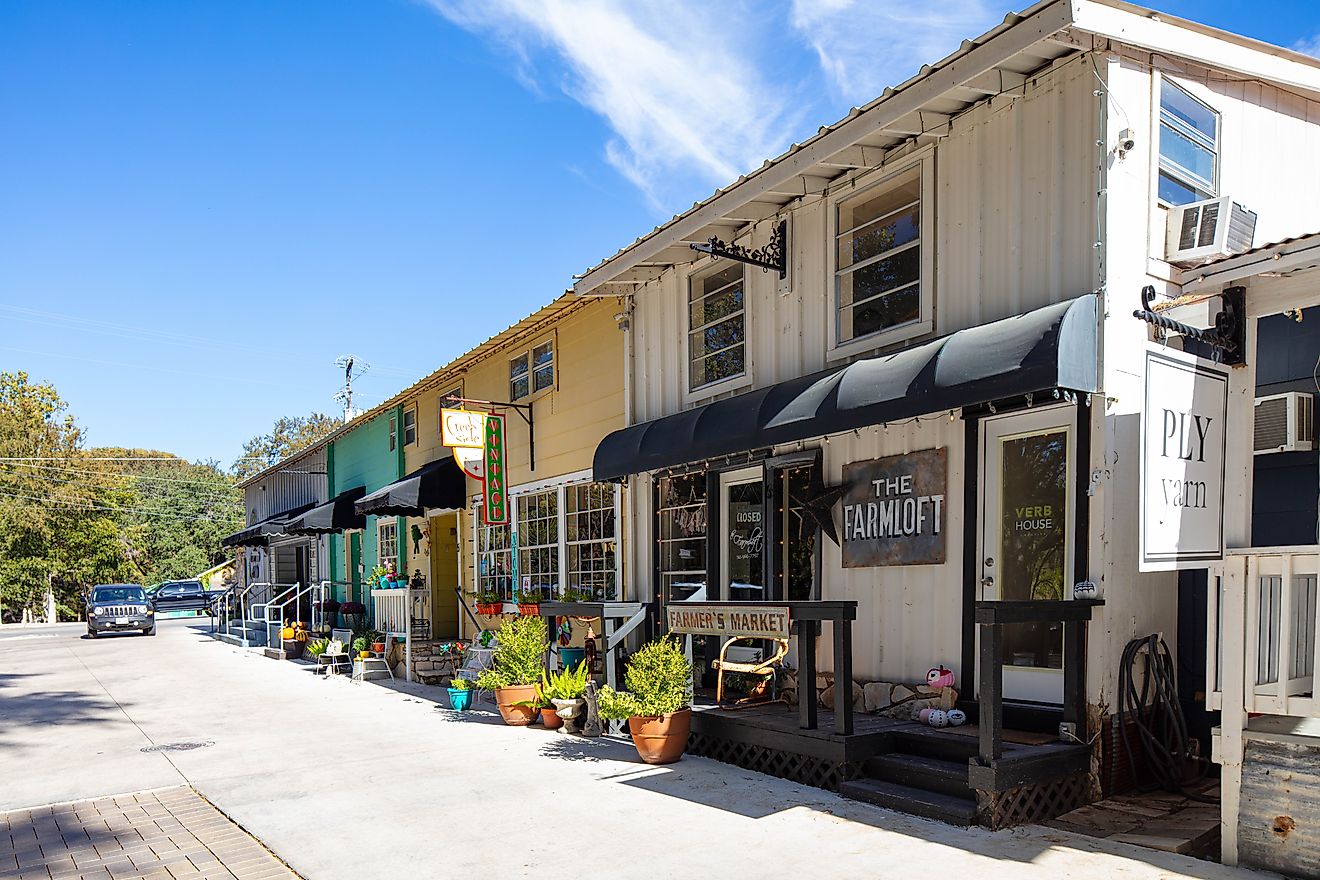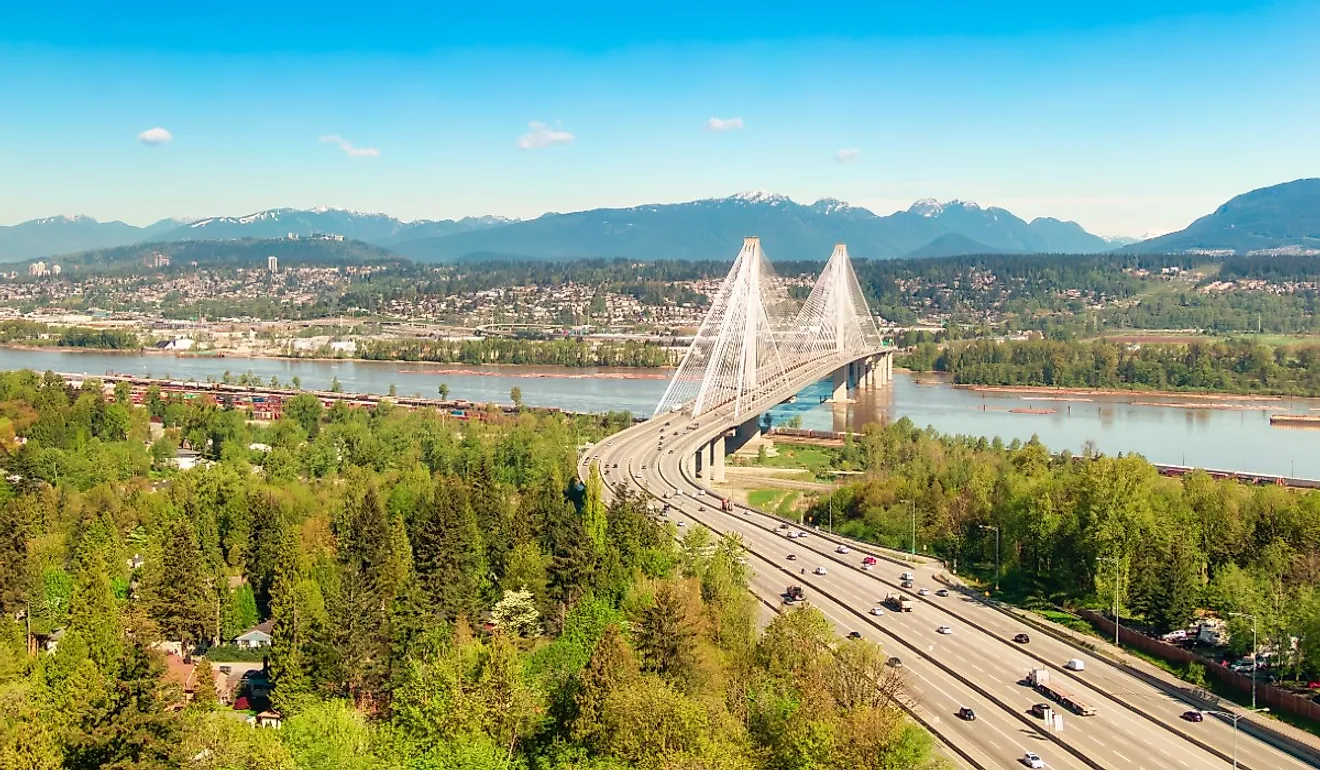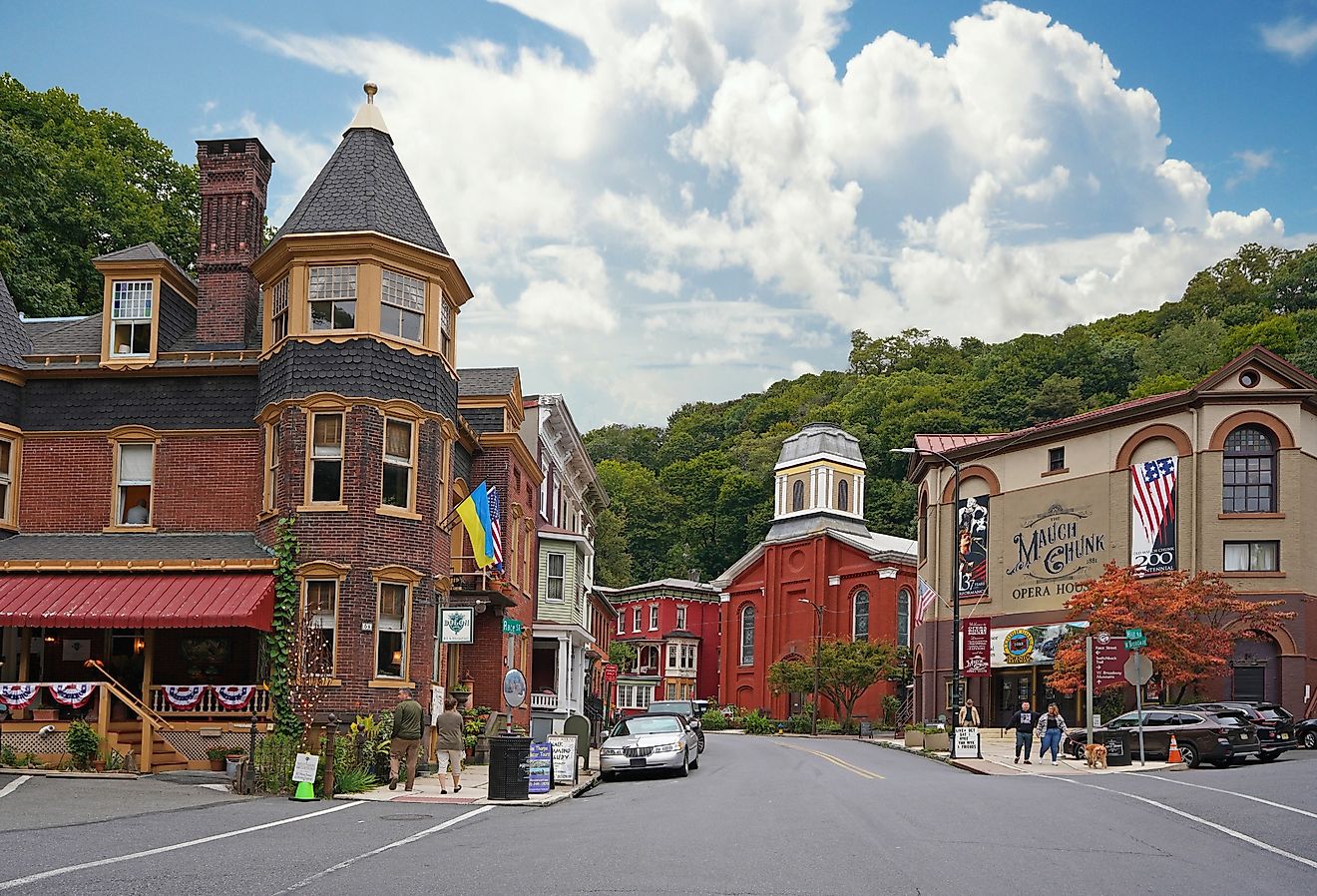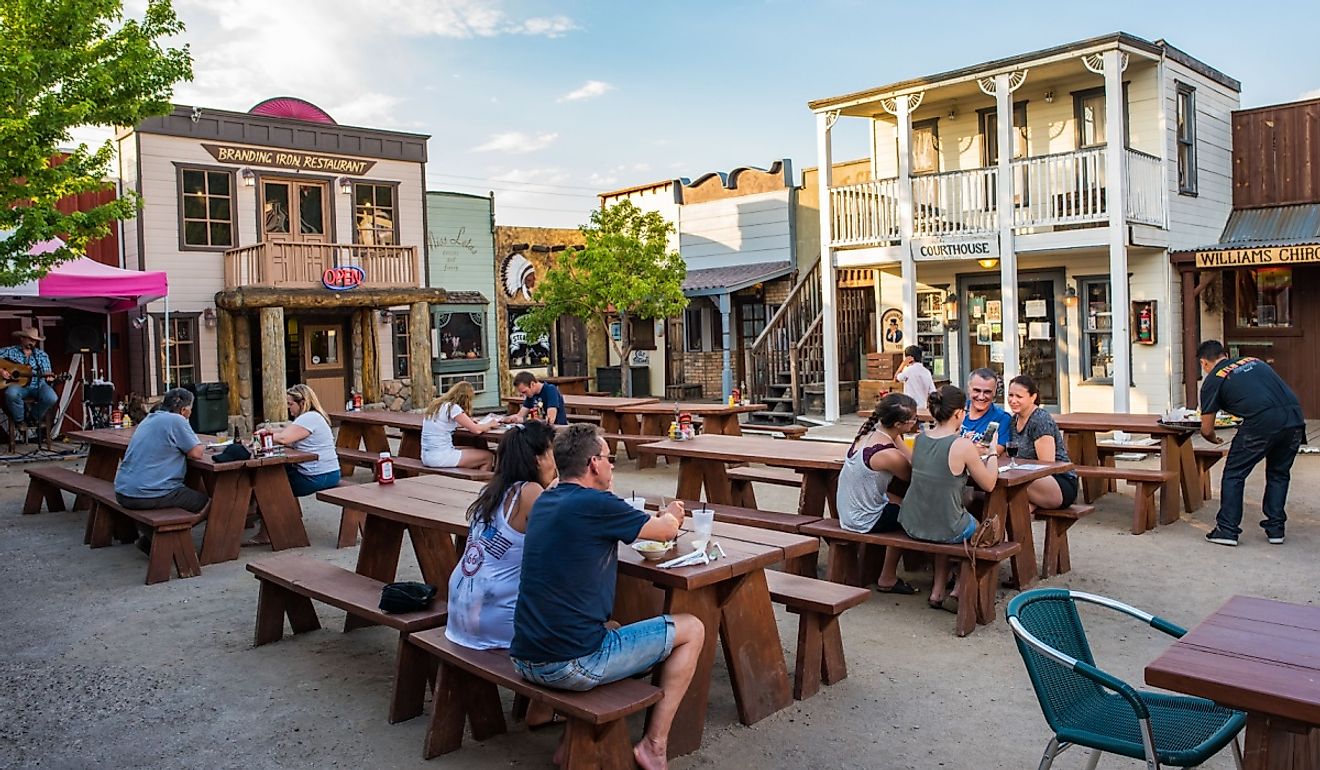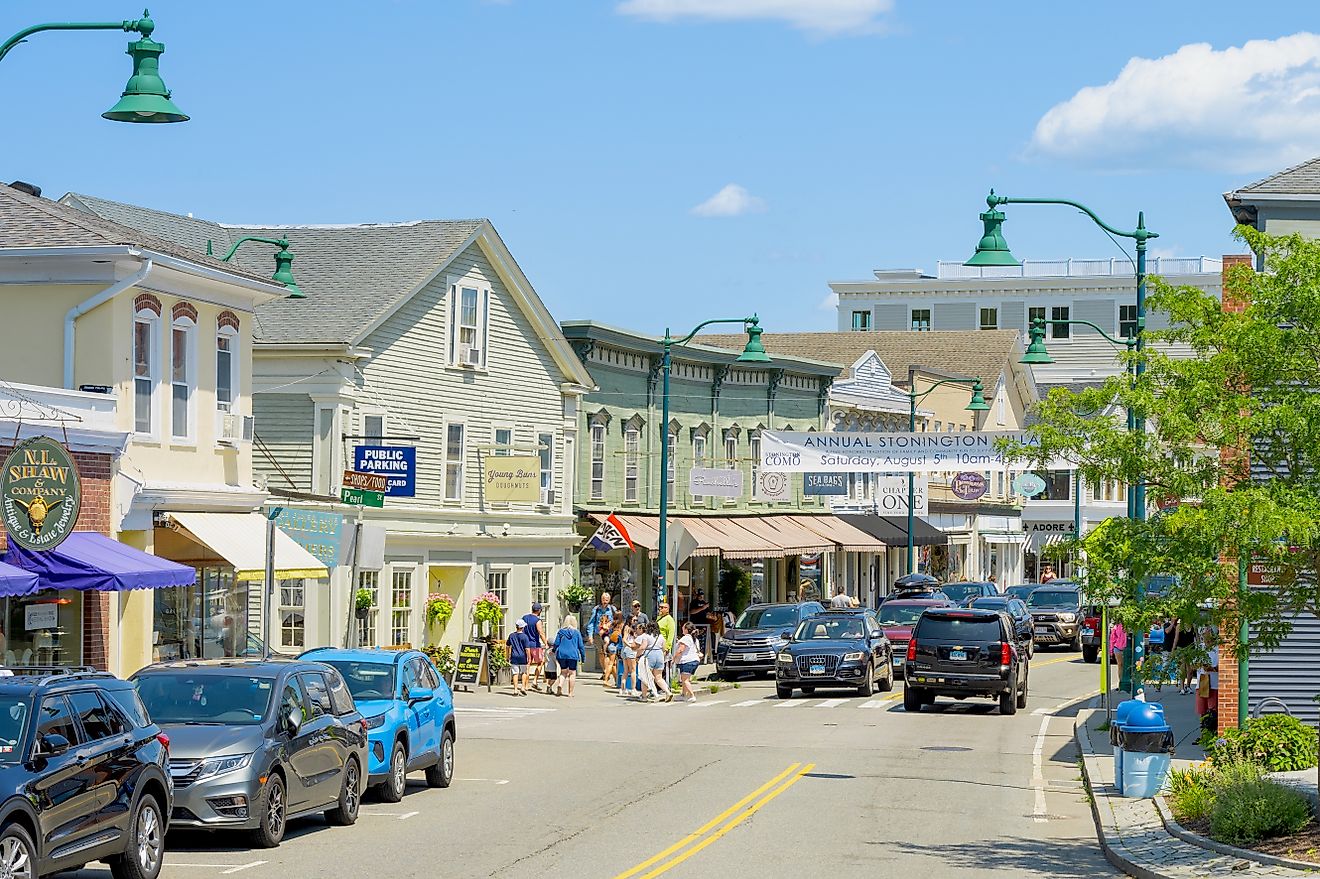
New Smyrna Beach, Florida
New Smyrna Beach is a small city located in Volusia County, on the Central Atlantic Coast of the US State of Florida. Its motto is “Cygnus inter anates,” which is Latin for “a swan among ducks.” The city was ranked number nine on the “best surf towns” list in Surfer magazine in 2009. It was also recognized as “one of the world’s top 20 surf towns” by National Geographic in 2012.
Geography Of New Smyrna Beach

New Smyrna Beach is situated on the Indian River on the central east coast of the US state of Florida. The Atlantic Ocean bounds the city in the east. New Smyrna Beach is situated in the “Fun Coast” region, a regional term that the Daytona Beach Chamber of Commerce has created. The city covers a total area of 98 sq. km, of which 89.7 sq. km is occupied by land, and 0.8 sq. km is occupied by water. The unincorporated Volusia County borders new Smyrna Beach to the north, the city of Port Orange to the northwest, the census-designated place of Samsula-Spruce Creek to the west, and the cities of Bethune Beach, Edgewater, and the Canaveral National Seashore to the south.
The Climate Of New Smyrna Beach

According to the Köppen classification, New Smyrna Beach experiences a humid subtropical climate, with hot, humid summers and warm, dry winters. Rainfall occurs mainly between May and October, while the dry season lasts from November to April. In its 250- year history, the city has recorded snowfall only three times. The average temperature of the year is 21.8°C. The warmest month is August, with an average temperature of 27.5°C, and January is the coldest month having an average temperature of 14.9°C.
The Population Of New Smyrna Beach
In 2020, New Smyrna Beach was home to a population of 29,904 people with a median age of 59.3 and a population density of 307 people per square km. The city's population has increased by 33.12% since the most recent census, which recorded a population of 22,464 in 2010. The majority of the people in New Smyrna Beach are non-Hispanic White. In fact, there were 24.8 times more White residents in the city than any other race or ethnicity in 2019. The largest ethnic groups in New Smyrna Beach are non-Hispanic White representing up to 92.68% of the population, followed by African Americans at 3.7%, two or more races at 1.55%, and Asians at 1.19%. The minor ethnic groups are other races at 0.45%, Native Americans at 0.39%, and Native Hawaiians or Pacific Islanders at 0.04%. About 98% of New Smyrna Beach’s population are U.S. citizens, and as of 2019, 5.63% of the residents were born outside of the country. The most common birthplace for foreign-born residents of Florida is Cuba, followed by Haiti and Colombia.
The Economy of New Smyrna Beach

New Smyrna Beach is at present growing at a rate of 2.35% annually. Between 2018 and 2019, the median household income increased by 8.09% as it grew from $52,772 to $57,043. The income inequality in Florida (measured using the Gini index) was recorded 0.473, lower than the national average. However, males tend to earn higher than females, with an average income 1.34 times higher than that of females. The economy of New Smyrna Beach employs around 9,770 people in various industries. New Smyrna Beach's most prominent industries include Accommodation & Food Services, Retail Trade, Health Care & Social Assistance. The highest paying industries are Agriculture & Fishing & Hunting, Utilities, Transportation & Warehousing.
Brief History Of New Smyrna Beach

The Spanish explorer Juan Ponce de Leon landed at an inlet just north of the city site in 1513. The Timucua Indians once occupied the site. They built Turtle Mound, 15 meters high, out of shells. The area was also occupied by the Spanish mission of Atocuimi in 1696. It was colonized in 1768 by a mixed immigrant group of Greeks, Italians, and Minorcans led by Andrew Turnbull, a Scottish physician. Turnbull named the place New Smyrna for his wife’s Turkish birthplace. The settlers built a system of irrigation and drainage canals and planted sugarcane, maize, rice, and indigo. However, due to political and financial difficulties, the colony was abandoned in 1777. In 1803, the settlement was renewed with land grants. Under the stimulus of the Intracoastal Waterway and the Florida East Coast Railway, the settlement developed as a processing distribution point for citrus. Tourism, sport fishing, and boating became economic assets, and eventually, “Beach” was added to the city’s name in reference to its white and sandy shore.
Tourist Attractions In New Smyrna Beach
New Smyrna Sugar Mill Ruins

The New Smyrna Sugar Mill Ruins is one of the top tourist attractions in the city. It is a historic site protecting the ruins of a steam-operated sugarcane mill and a sawmill dating back to the 1830s. The historic site features the crumbling remains of the mil and coquina sugar factory that were raided and destroyed by the warring Seminole Indians during the Second Seminole War in 1835. The New Smyrna Sugar Mill Ruins is now listed on the National Register of Historic Places. The public now explores and enjoys the nature trails and shady picnic spots around the ruins on the site.
Turtle National Historic Site
Tourists enjoy visiting the Turtle National Historic Site. It is an archaeological site that extends along the Indian River shoreline and contains over 26,700 cubic meters of oyster shells and refuses from the prehistoric Timucuan people. The Turtle Mound National Historic Site is located 14 kilometers south of New Smyrna Beach. The shell midden, which dates back to between 800 and 1400 CE, now stands over 15-meters tall in the shape of a turtle. The site occupies a portion of the Canaveral National Seashore and can be explored by a scenic boardwalk which leads to an observation platform that offers spectacular views of Mosquito Lagoon and the Atlantic Ocean.
